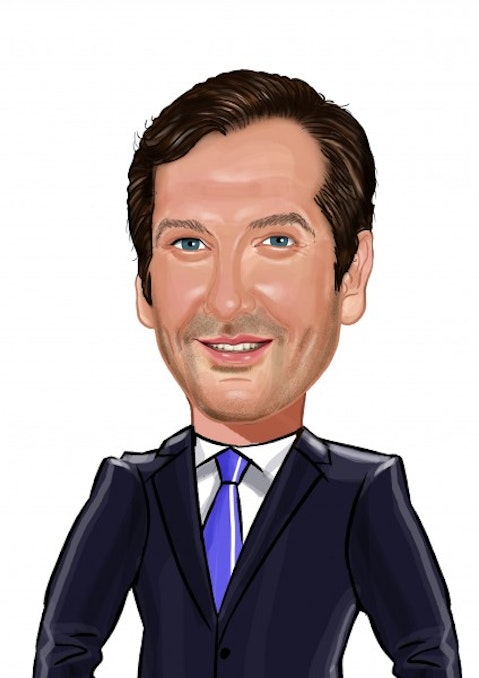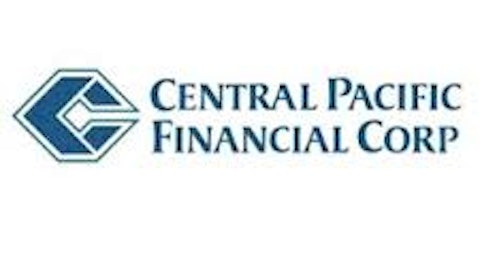Anchorage Capital, which is led by Kevin Michael Ulrih and Anthony Davis, reduced its stake in Central Pacific Financial Corp. (NYSE:CPF) by 1.5 million shares, according to a recent filing with the SEC. The move is in connection with an underwriting agreement previously signed with Central Pacific, Citigroup Global Markets Inc. and Carlyle Financial Services Harbor LP. Anchorage’s current holding comprises 2.77 million shares and amasses about 8.8% of the $712.49 million financial company’s outstanding stock.

Founded in 2003, Anchorage Capital currently has about $21.6 billion in regulatory assets under its management. The long/short equity fund invests in public equity and fixed income markets across the U.S. and Europe. The value of the firm’s public equity portfolio stood at $3.58 billion at the end of March, with holdings in financial companies amassing 34% of this value.
Follow Kevin Michael Ulrich And Anthony Davis's Anchorage Advisors
First a quick word on why we track hedge fund activity. In 2014, equity hedge funds returned just 1.4%. In 2013, that figure was 11.3%, and in 2012, they returned just 4.8%. These are embarrassingly low figures compared to the S&P 500 ETF (SPY)’s 13.5% gain in 2014, 32.3% gain in 2013, and 16% gain in 2012. Does this mean that hedge fund managers are dumber than a bucket of rocks when it comes to picking stocks? The answer is definitely no. Our small-cap hedge fund strategy, which identifies the best small-cap stock picks of the best hedge fund managers returned 28.2% in 2014, 53.2% in 2013, and 33.3% in 2012, outperforming the market each year (it’s outperforming it so far in 2015 too). What’s the reason for this discrepancy you may ask? The reason is simple: size. Hedge funds have gotten so large, they have to allocate the majority of their money into large-cap liquid stocks that are more efficiently priced. They are like mutual funds now. Consider Ray Dalio’s Bridgewater Associates, the largest in the industry with about $165 billion in AUM. It can’t allocate too much money into a small-cap stock as merely obtaining 2% exposure would really move the price. In fact, Dalio can’t even obtain 2% exposure to many small-cap stocks, even if he essentially owned the entire company, as they’re simply too small (or rather, his fund is too big). This is where we come in. Our research has shown that it is actually hedge funds’ small-cap picks that are their best performing ones and we have consistently identified the best picks of the best managers, returning 123% since the launch of our small-cap strategy compared to 58% for the S&P 500 (see more details).
So far this year Central Pacific Financial Corp. (NYSE:CPF)’s stock has risen by nearly 6%, which is more than the average gains of 3.5% for its Regional US Banks peers. In its financial results for the second trimester, Central Pacific Financial Corp. (NYSE:CPF) beat the bottom line estimates by delivering an EPS of $0.39, which was $0.08 higher than expectations. Revenues of $37.29 million also came in $5.99 million higher than anticipated. The company profited from the construction financing during the quarter as a number of projects reached their completion. Going forward Central Pacific Financial Corp. (NYSE:CPF) intends to focus on income property lending such as retail or apartment buildings as well as mortgages, according to president and chief banking officer Lance Mizumoto.
Central Pacific Financial Corp. (NYSE:CPF) has also managed to reduce nonperforming assets by 23.8% d



